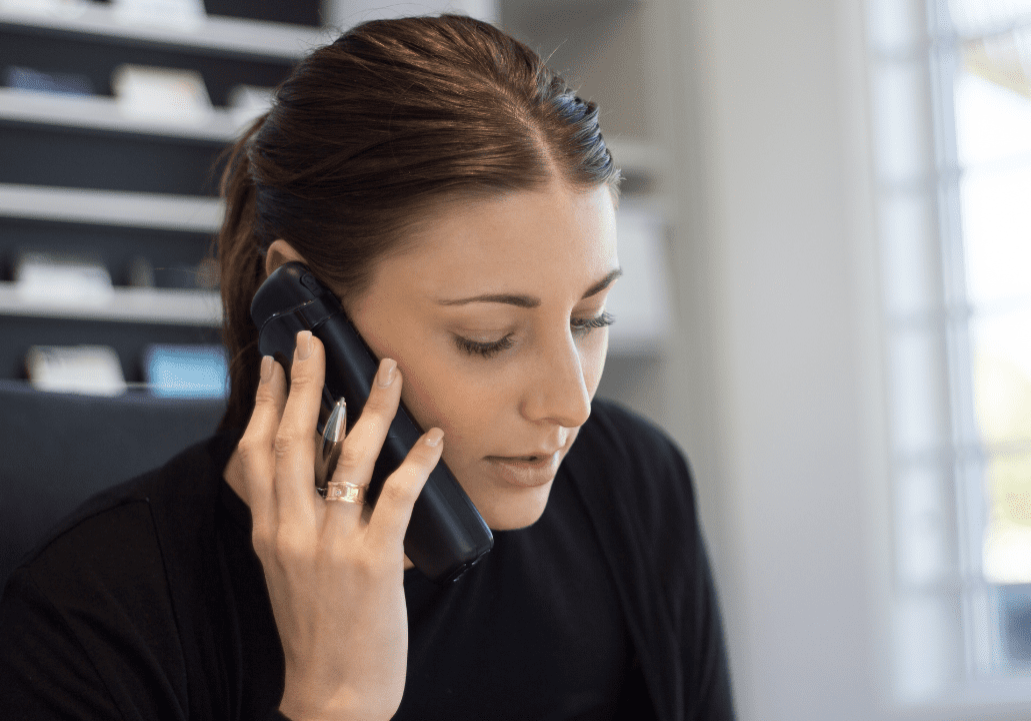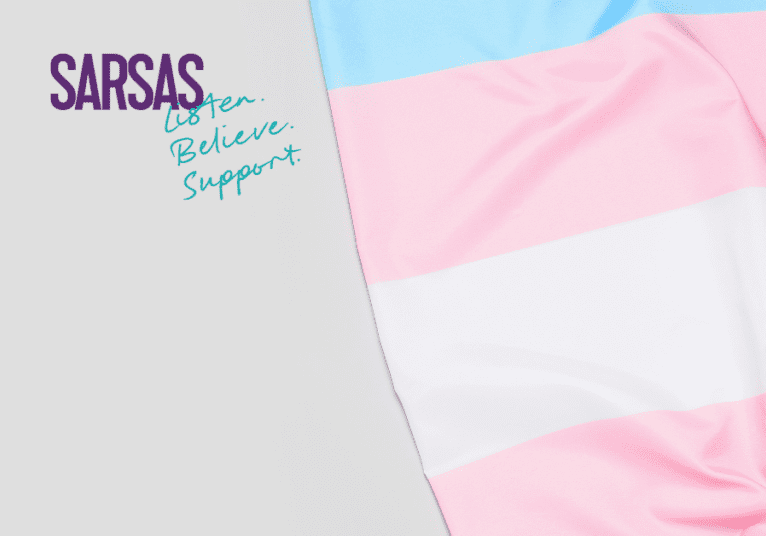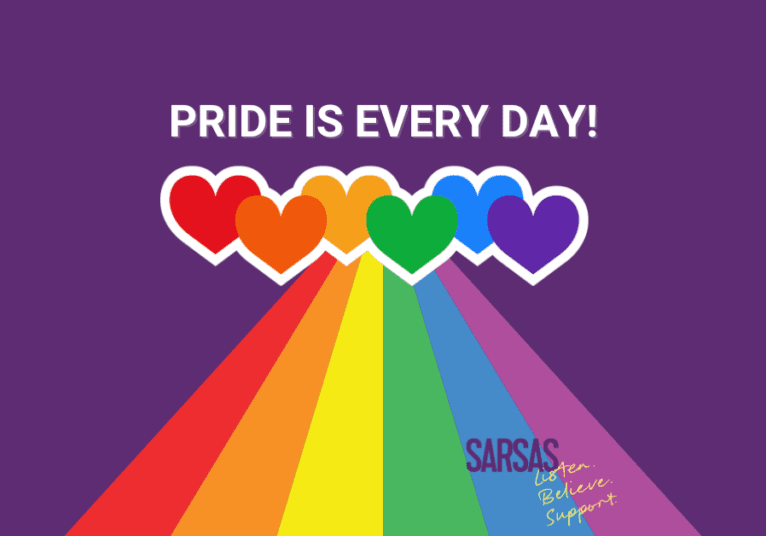
I love being a SARSAS helpline volunteer – here’s why
Words from one of our amazing volunteers on why being on the helpline is so important and rewarding.
When I first decided to become a volunteer on the SARSAS helpline, I was looking for a way to work through some of the helplessness and anger I felt towards the way our society and criminal justice system deals with sexual violence. Friends and family members had opened up to me about their own experiences of rape, harassment and sexual assault, with many of them feeling like they had no place to turn for support. And the wall of silence around sexual offences meant that nearly all of the survivors I spoke to never reported the crime, either because they were too ashamed, blamed themselves, or because they didn’t want to ruin the perpetrator’s life.
The buried trauma of these survivors and their stories stayed with me, and started to affect my own mental health. The extent of the issue, the silence these survivors lived with, was overwhelming. And the demonstrable lack of support and understanding – within the justice system, the NHS and the media – filled me with rage. I knew I needed to take action. Otherwise, this build-up of emotion would cause me lasting damage. That’s when I reached out to SARSAS and trained to become a helpline volunteer. I couldn’t have imagined how impactful this decision would be on my own personal and spiritual growth.
I learned about the brain’s response to trauma, rape myths in society, and active listening techniques during the training. But the one thing I didn’t anticipate after I started taking my first calls was how deeply I would be affected by the authenticity and courage demonstrated by our service users. I realised that most of us go through life never feeling as if we can be completely, 100% honest with the people around us – even our closest relationships come with baggage, judgement, history. But because of the anonymity of the SARSAS helpline, callers are granted a 40-minute window of freedom to open up and tell their story fully. And I am privileged enough to be there with them, listening and supporting them.
Many survivors don’t have anyone in their life they can talk to about their trauma, so they bury it, hoping it will eventually go away. It takes a huge amount of courage to break this pattern, pick up the phone and talk to a stranger about their suffering. It’s a step towards healing. I think callers are often surprised by how helpful it is to open up and how much they get out of it. They are given the freedom to talk and cry and have someone on the other end of the phone who isn’t going to judge or criticise them.
I’ve also been surprised at how much I’ve got out of volunteering on the helpline. I’ve had conversations I will never forget and been inspired by the bravery of our service users to be braver and more authentic in my own life. The experience has worked its way into my writing, career path and relationships. As well as learning how to listen deeply, I have become more fearless; picking up each call is like jumping into the unknown, and I have had to learn how to switch off my invasive thoughts and anxieties and simply be there for another person.
Jade – SARSAS Helpline Volunteer
Find out more about our volunteering opportunities here.
The latest from our news and blogs

Trans, Non-Binary, and Intersex (TNBI) Support Group
Coming together in a confidential space to support each other and identify ways to move forward after rape & sexual abuse.




